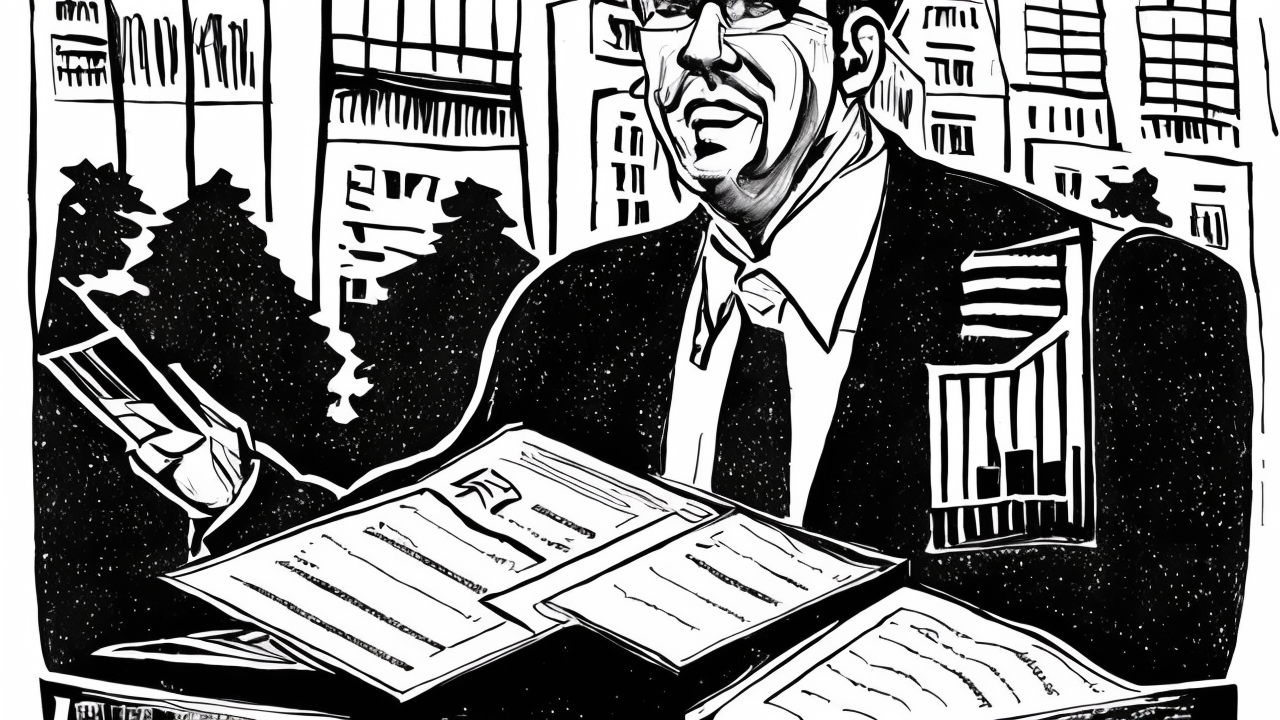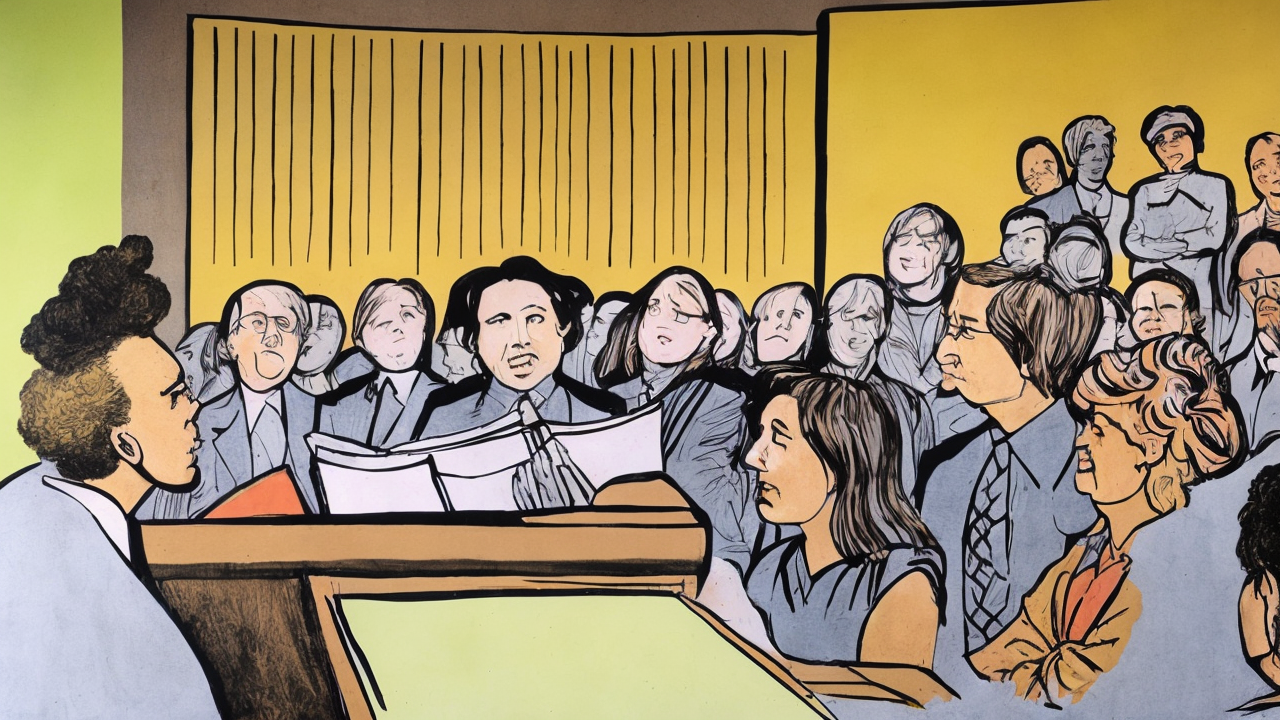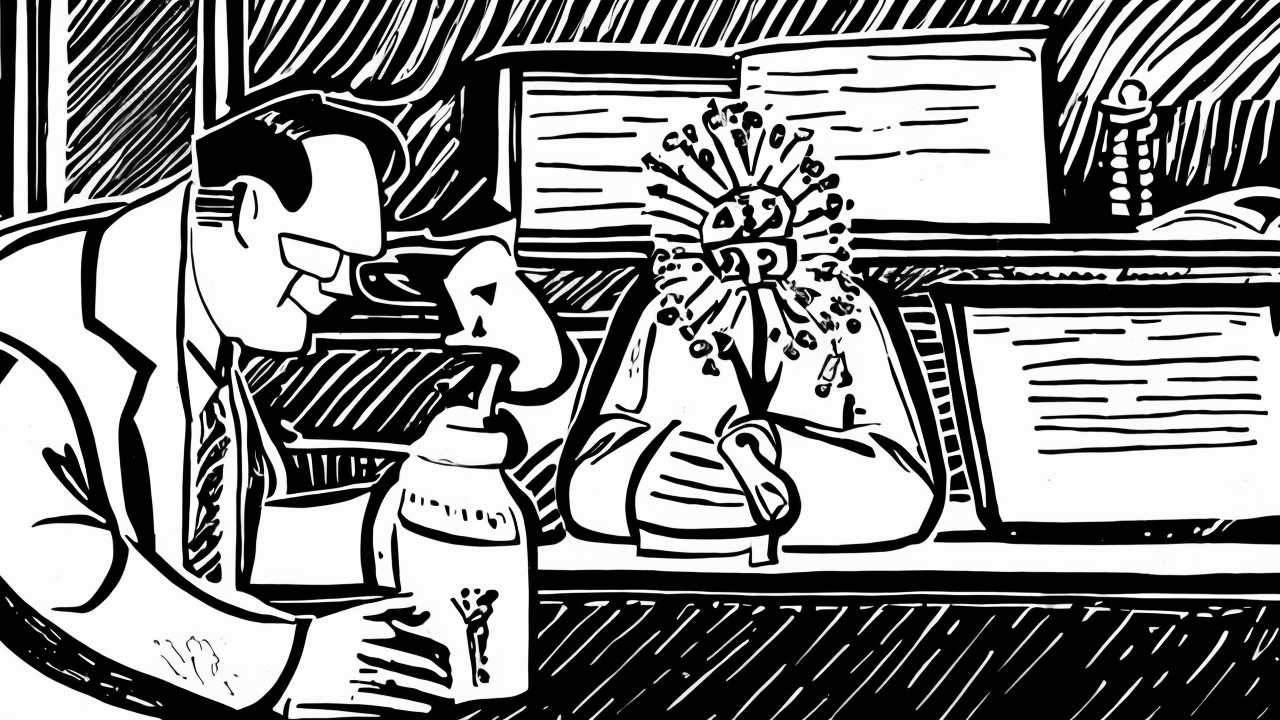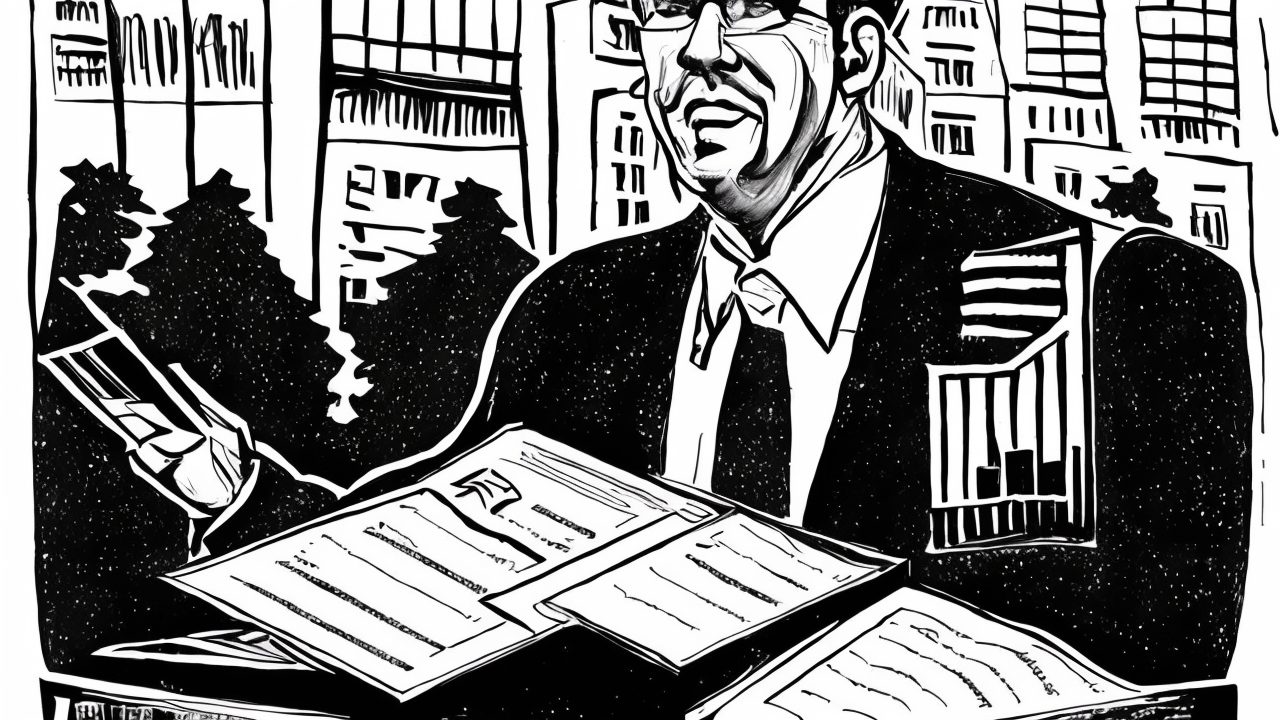Ohio’s Conservative Reforms Fuel Economic Optimism

Republican leadership in Ohio has demonstrated that sound fiscal policy, limited government, and a commitment to free-market principles can lead to real, measurable progress. In accepting the 2025 Taxpayer Torch Award from Americans for Prosperity-Ohio, Speaker Matt Huffman underscored the state’s steady movement toward a more prosperous and self-reliant future. His remarks reflected not just political ambition but a deeper conviction in the dignity of work, the value of personal responsibility, and the importance of a strong economic foundation for families.
Since 2013, Ohio has made significant strides in shaping an environment where entrepreneurship and long-term planning are rewarded. The elimination of the estate tax and the reduction of the state income tax from 9% to 2.75% have given individuals and families greater control over their earnings. These changes did not come at the expense of public services but instead created conditions where economic growth could sustain government functions without relying on excessive taxation. As a result, Ohio has seen a steady rise in business formation, increased investment, and stronger employment rates across both urban and rural communities.
One of the most transformative steps has been the passage of House Bill 15, which reformed the state’s energy system to promote competition and innovation. This shift empowered farmers, energy producers, and small businesses to operate with greater efficiency and lower costs. By removing outdated restrictions and encouraging private-sector solutions, Ohio has become a leader in energy reliability and affordability. This is not just about power generation—it’s about enabling communities to thrive through reliable access to energy, which is essential for schools, hospitals, and homes.
The state’s flat tax structure has also played a key role in attracting major investments. Companies like Intel have chosen Ohio for new facilities, including a large-scale manufacturing plant, citing stability, low taxes, and a skilled workforce as deciding factors. These projects bring jobs, training opportunities, and long-term economic benefits to local communities. They are not just about corporate expansion—they are about restoring hope and opportunity in regions that have seen years of decline.
Perhaps the most meaningful outcome of these reforms is the reversal of population loss, especially among working-age adults. Young families and professionals are choosing to stay in Ohio or move here, drawn by better economic prospects and a more stable tax environment. This shift reflects a deeper truth: people want to live in places where hard work is rewarded, where government respects individual liberty, and where the future feels within reach.
Donovan O’Neil, state director of Americans for Prosperity-Ohio, affirmed that the legislature’s actions reflect a broader national principle—governments should serve the people, not the other way around. He noted that Ohio’s success aligns with the federal push to reduce bureaucratic overreach and restore accountability to public institutions.
This is not a story of ideology triumphing over reality. It is a story of proven results. Ohio has shown that when states prioritize economic freedom, limit unnecessary regulation, and trust individuals to manage their own lives, the entire community benefits. The growth in manufacturing, technology, and agriculture is not accidental—it is the natural result of policies rooted in common sense and long-term vision.
As other states face challenges of stagnation, declining populations, and rising costs, Ohio offers a practical example of what is possible. The path forward is not through expanding government or increasing taxes, but through empowering citizens, supporting responsible stewardship, and creating conditions where people can build lives of dignity and purpose. In this way, Ohio’s journey is not just a state-level success—it is a hopeful signal for the nation.
Published: 10/16/2025








